Essential oils are most commonly used around the home as aromatherapy, when we want to evoke a particular mood, create a calm environment, or uplift a stale space into something more bright and energizing. They can also transport a nightly bath into a near-spa experience, invigorate an otherwise sleepy morning shower, or offer a natural scent alternative to laundry and household cleaning.
But did you know that some essential oils double-duty as antimicrobial agents and can be used to clean and purify the air?
Whether you’re looking to eliminate stubborn odors from last night’s fish fry or smoke (or those shoes piled up in the closet!), combat mold or mildew, freshen up stale air during the seasons of closed windows, or hope to rid the air of pathogens, try essential oils as natural air purifiers in vaporizing or reed diffusers, or just a spray bottle to mist around wherever you need it.
I’ve also seen some essential oil incense sticks that can do the trick. Say goodbye to those questionable chemical compounds found in most spray deodorizers, and relax in knowing that essential oils are natural, effective, and less likely to trigger pesky headaches.
According to many scientific studies, the most effective essential oils to use when looking for anti-bacterial, anti-viral, and anti-fungal properties are eucalyptus, thyme, mint, cinnamon, sage, and clove. When you take a look at this list, it does seem interesting that the scents we traditionally associate most with the winter holidays (also cold and flu season) are also the ones with the most antimicrobial qualities. Vaporized thyme, cinnamon bark, and clove oil are considered to be the most effective choices for their antibacterial action against respiratory pathogens, while lemongrass, eucalyptus, peppermint, and orange oils showed strong antibacterial qualities. Eucalyptus, geranium, lemongrass, orange, patchouli, and citronella worked best at inhibiting fungal growth. There is even research being done to explore the efficacy of using essential oils as an alternative to chemical pesticides, and how they may demonstrate antiviral potential in the fight against pathogens such as the flu and other viruses.
If looking to cleanse the air of pathogens, run your diffuser in any high-traffic areas, or in the bedrooms. If your goal is to clear away lingering odors, place them near the source—on the counter after cooking, in the powder room, or near the hall closet. For antibacterial and anti-fungal work, place your diffuser in the bathroom or kitchen, spray liberally in the shower, or set a gentle reed diffuser near your bed. Of course you may choose to use a single essential oil in your vaporizer, but we have also come up with a few air-purifying essential oil blends for different places around the home that also happen smell great! If you’re mixing up your own blends, aim for about 9-10 drops for every 200ml of water, and get creative!
For the bathroom
This is the room that can handle the most antiseptic-scented oils, and it’s also where we’d likely be needing that the most. Here you don’t need to be shy about the strength of eucalyptus, and can generally add what you like on top of it. A simple 50/50 mix of eucalyptus and thyme would also be a great option. Try:
-3 drops eucalyptus
-2 drops peppermint
-2 drops thyme
-2 drops citronella
Head over here for other ways to use essential oils in the bathroom.
For the bedroom
We want any bedroom blend to be down-tempo and relaxing, so stay away from overly energizing notes. Focusing on the oils which fight respiratory viruses is also beneficial here as you’ll be breathing in this air for hours.
-3 drops thyme
-2 drops cinnamon
-2 drops clove
-2 drops lavender
Here are some other great blends for the bedroom.
For the kitchen
Blends in the kitchen should neutralize odors, but we don’t want them to clash with what we think of as natural food scents. Choose oils that combine their effective antibacterial qualities with the freshness of herbs and citrus.
-3 drops lemongrass
-3 drops orange
-2 drops sage
-2 drops oregano
Try cleaning your kitchen with essential oils too!
For high-traffic areas
You’ll want a welcoming scent here, nothing too harsh or antiseptic. We like the simplicity of this one:
-3 drops thyme
-3 drops orange
-3 drops cinnamon
For the office
This blend will not only clean the air, but will also offer an aromatherapeutic benefits of uplifting your energy and boosting mental clarity and focus.
-3 drops eucalyptus
-3 drops orange
-2 drops lemongrass
-2 drops mint
Even if you’re running your diffuser day to night, it’s a good practice to open the windows every once in a while to allow for some fresh air exchange (yes, even if it’s cold outside!) It’s also important to keep your diffuser clean and free from buildup or mildew. Try a few of these purifying blends, and let us know your favorite natural way to clean the air in your home.
2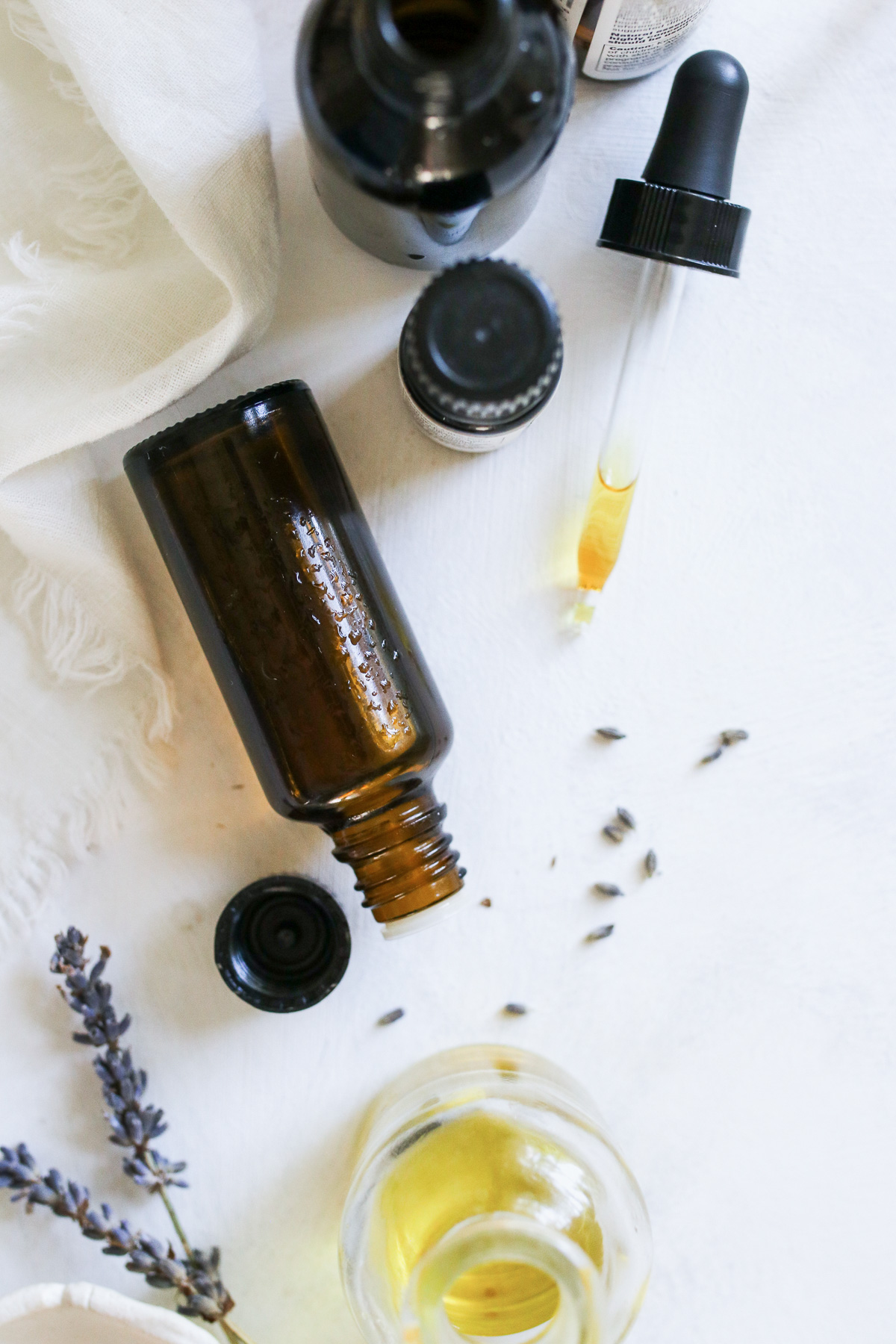
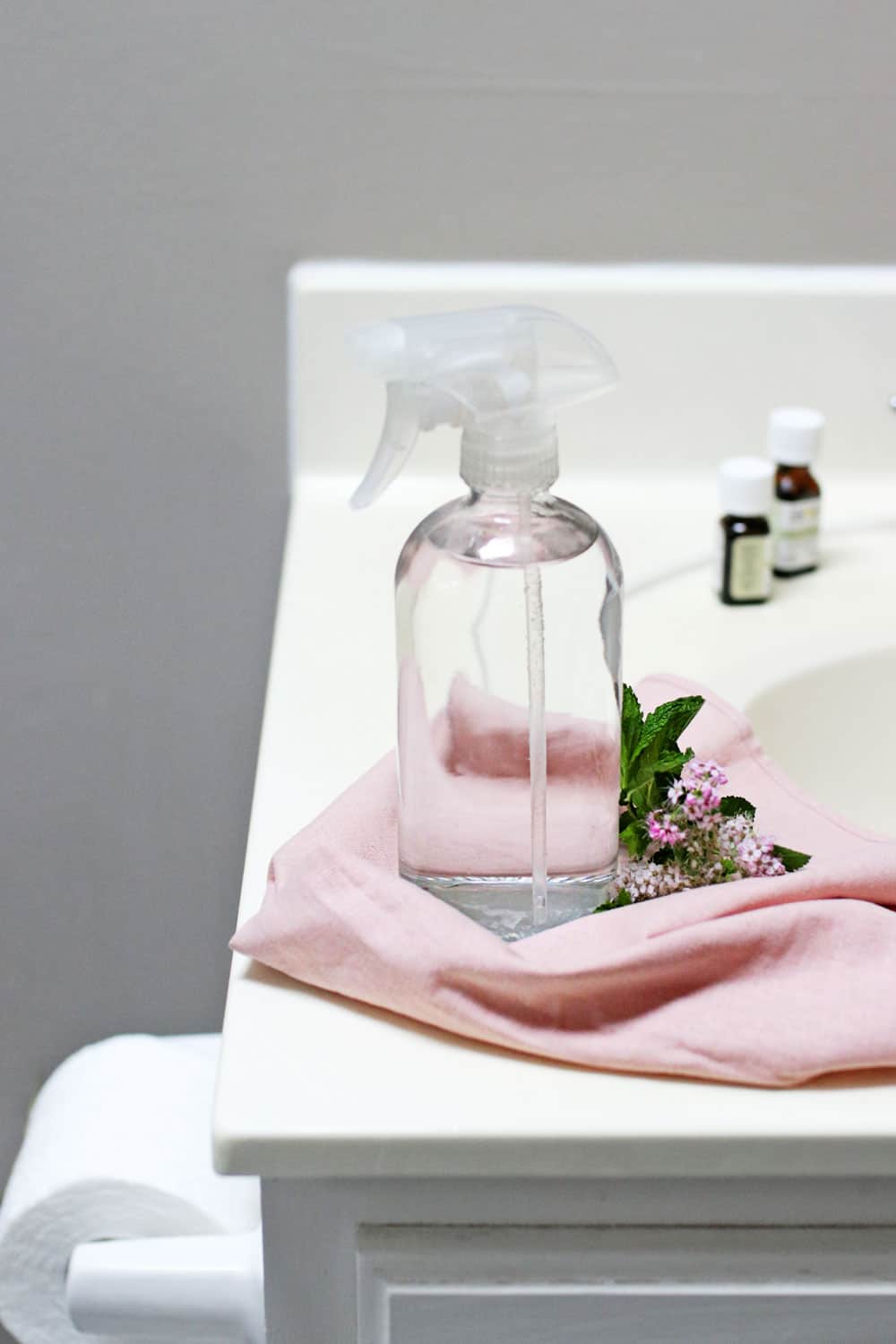
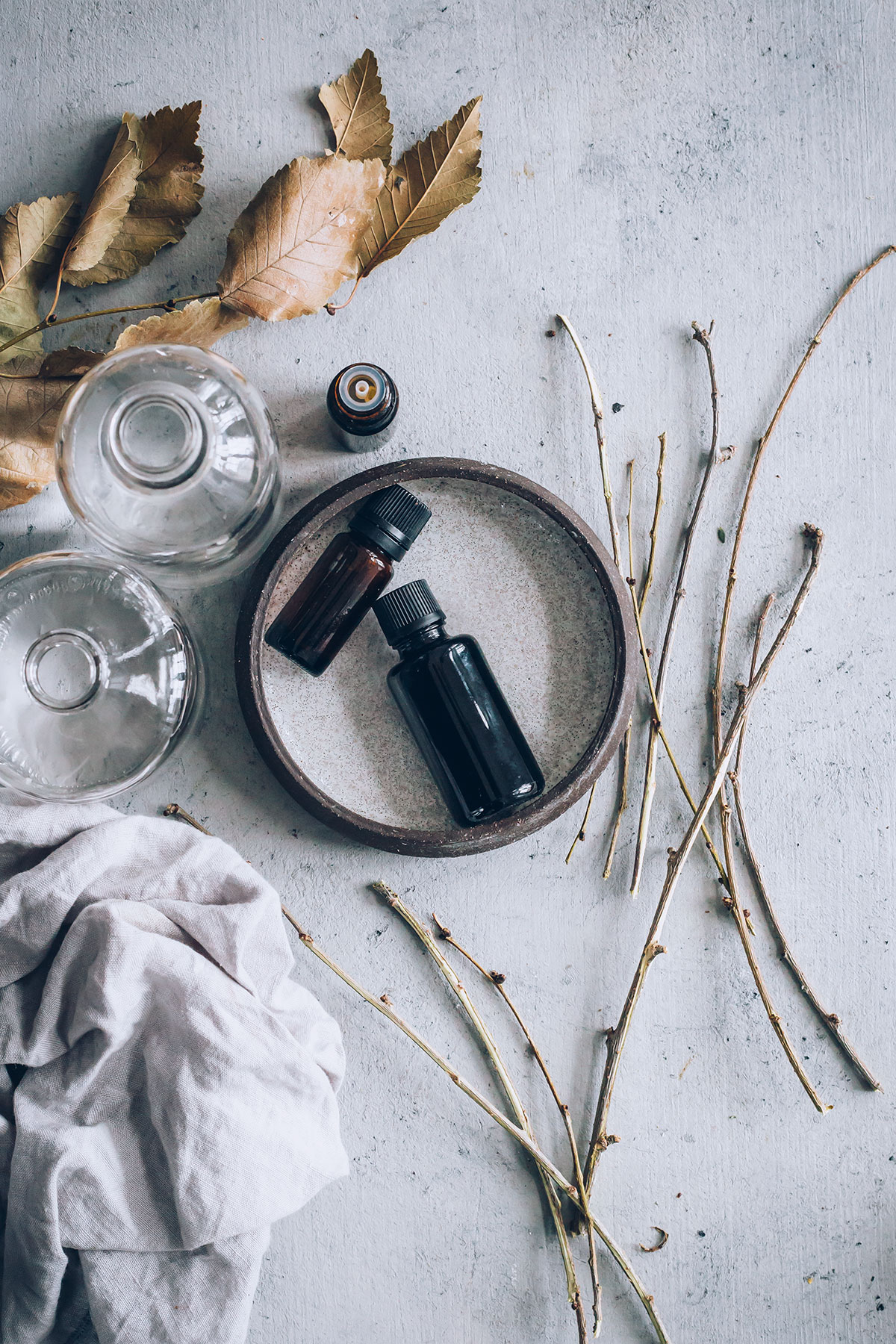
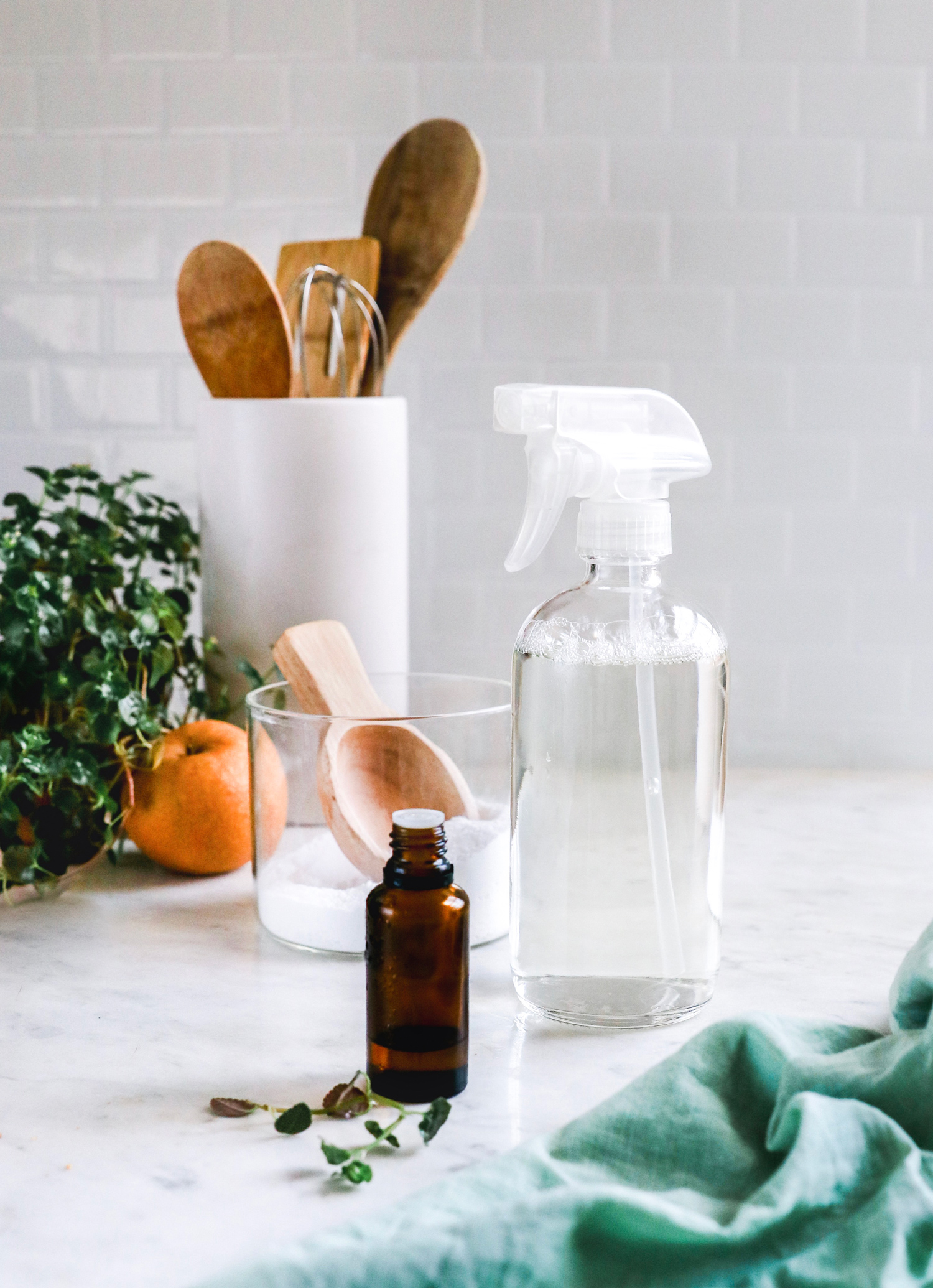
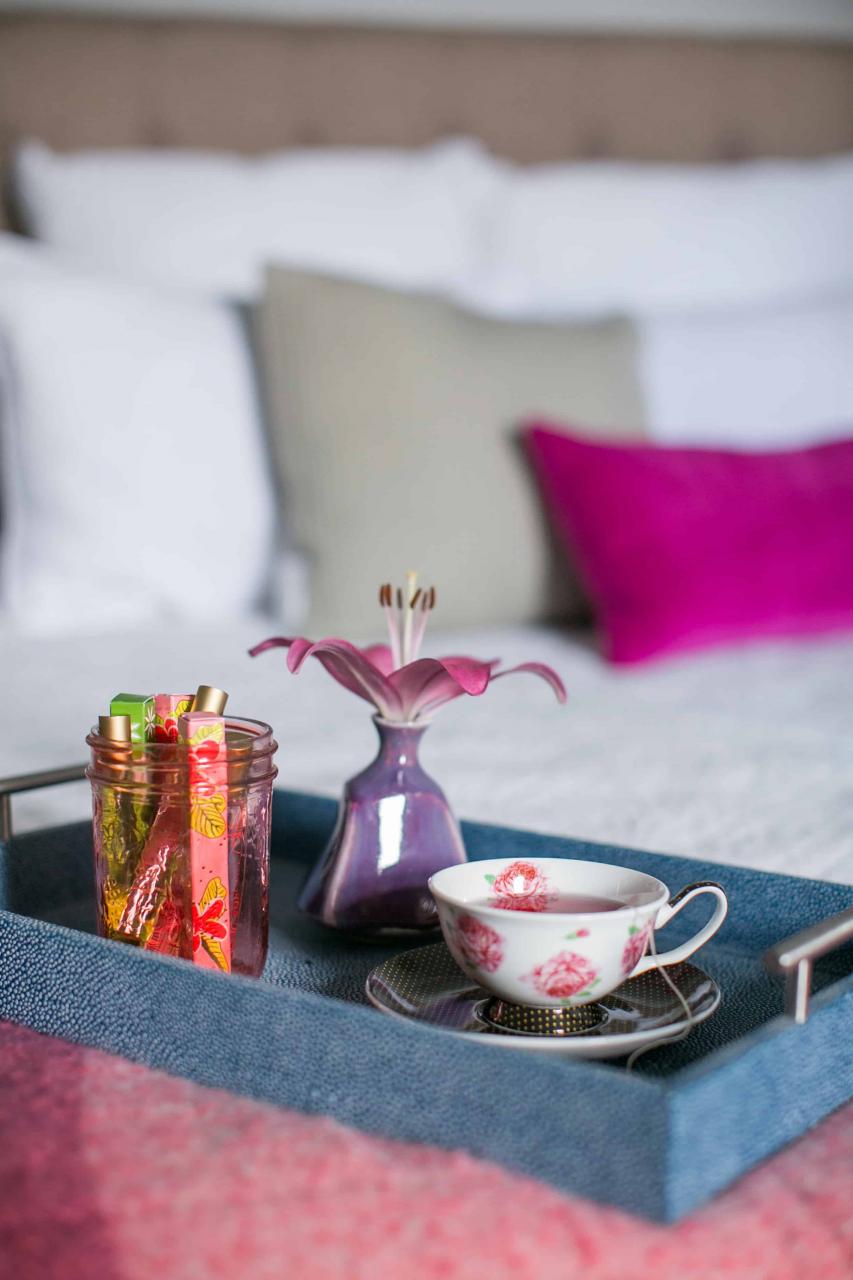
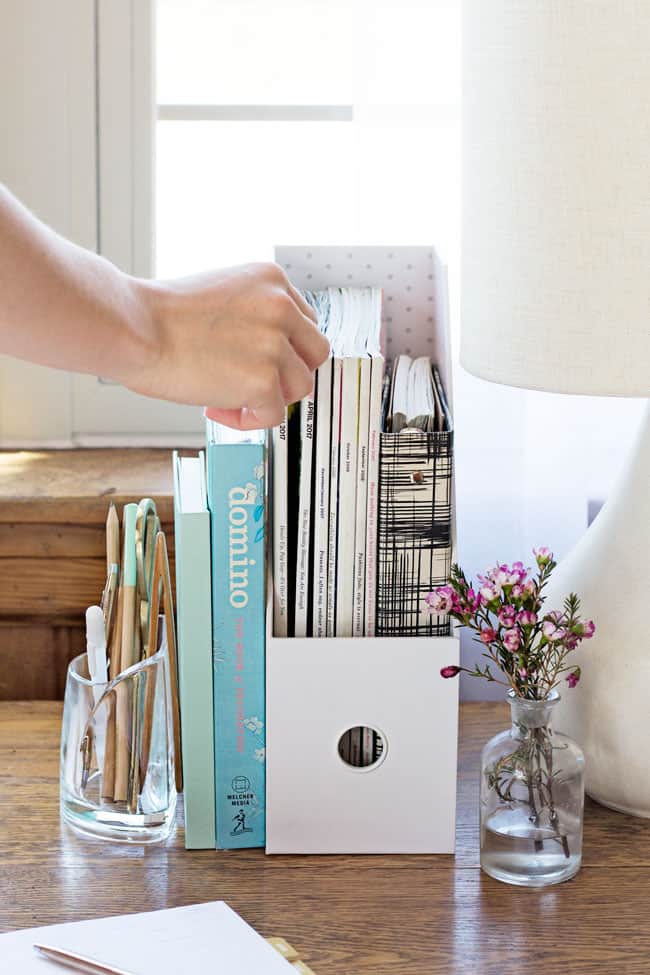
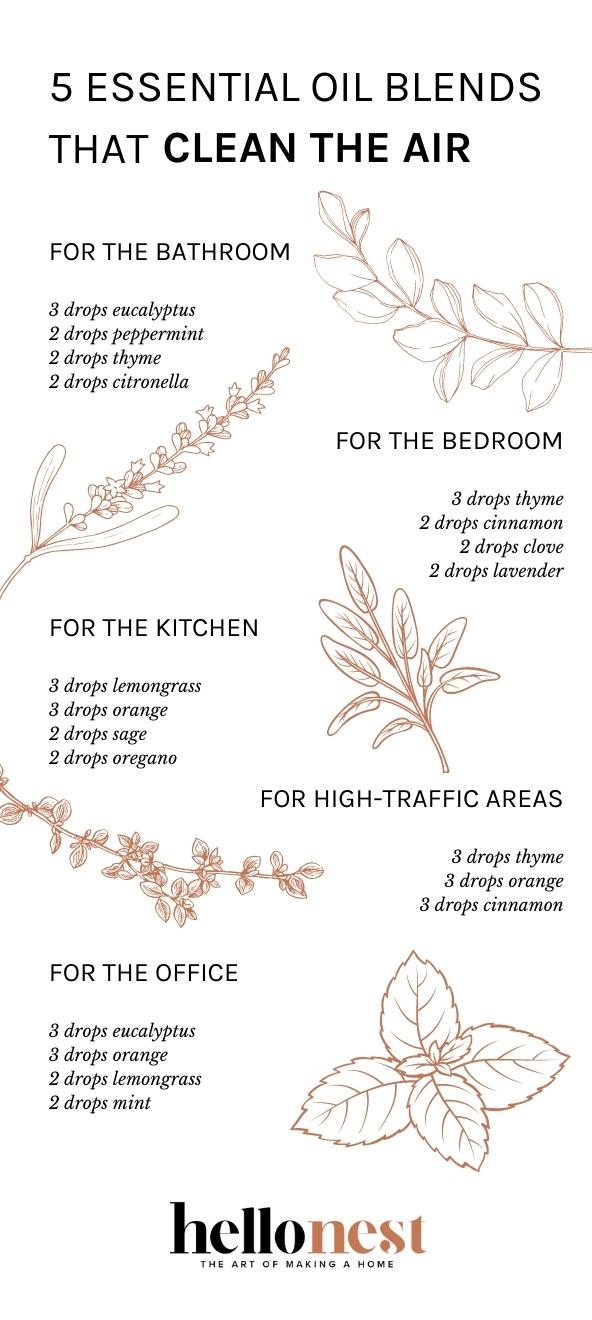
Leave a Reply